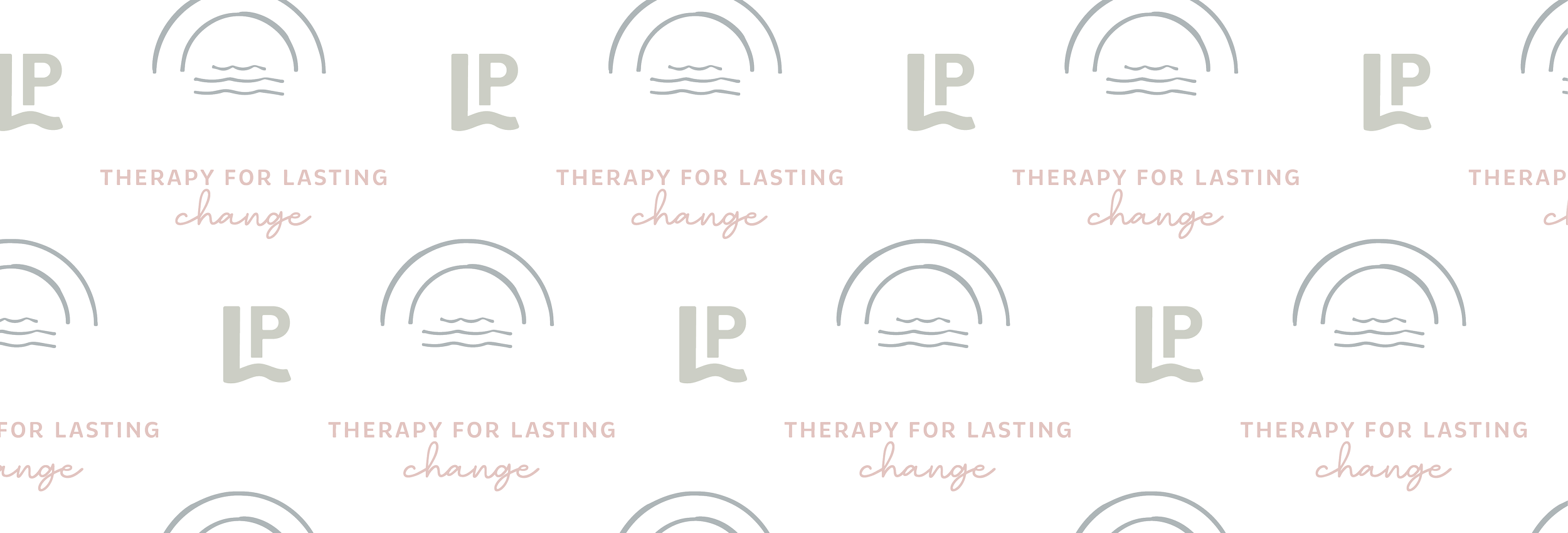
MASTER YOUR MIND, RECLAIM YOUR LIFE
Anxiety Counselling
When anxiety runs the show, everything feels harder
Anxiety can feel like a constant, overwhelming presence in your life. You wake up already tense, with a knot in your stomach, dreading the day for no clear reason. Your mind races with “what if” scenarios, making it hard to focus or enjoy time with loved ones. You replay conversations in your head, convinced you said something wrong, and feel on edge even in calm situations. It feels like anxiety is running the show, making it hard to make decisions, connect with others, or even feel like yourself. Life feels smaller, limited, as you avoid situations or people that might trigger more of those overwhelming feelings.
You’re tired of being caught in this cycle:
You spend your days outwardly holding it all together, but at night, your mind races, running through every possible worst-case scenario.
No matter how well you’re doing, you can’t shake the feeling that it could all fall apart if you let your guard down, even for a moment.
You pride yourself on being successful and capable, but deep down, there’s always a sense of unease, like you’re somehow falling short.
The stress of managing your responsibilities—and everyone’s expectations—leaves you exhausted, but the idea of slowing down feels impossible.
Anxiety is treatable
I use cognitive behavioral therapy to treat generalized anxiety, social anxiety, and panic disorder. We’ll work together to identify the thoughts, feelings, and behaviors that are contributing to your anxiety. Then, we will develop strategies to change these patterns.
These tools will include:
Psychoeducation: learning about the nature of anxiety and how it affects thoughts, emotions, and behaviors
Self-monitoring: keeping track of anxious thoughts, physical sensations, and behaviors to identify triggers and patterns
Cognitive restructuring: identifying and challenging unhelpful and inaccurate thoughts that contribute to anxiety
Relaxation techniques: learning and practicing relaxation exercises such as deep breathing and progressive muscle relaxation
At the end of our work together, you will have a toolbox of skills you can use to to take control of your anxiety, change stuck patterns, and feel better.

IMAGINE IF YOU…
Your worries can feel less overwhelming, and you may find it easier to face situations without constant dread
Had more control over your thoughts
We’ll help you develop tools to manage anxious thoughts and prevent them from spiralling
Had a calm inner voice
Felt more at ease, less on edge
That anxious chatter in your head can become less frequent and intense
FAQ’S
Common questions about anxiety therapy
-
The first 1-3 sessions are a comprehensive intake where we’ll take a deep dive into your history, your experiences with anxiety, and what you hope to achieve from therapy. I’ll ask about your personal and professional life and how anxiety affects you day-to-day. The goal is to get a full picture of who you are and what your best hopes are for therapy. From there, we’ll develop a personalized plan that is practical, effective, and meets your specific needs, with the goal of making sure that you get real value from our work together.
-
Progress in therapy depends on your specific needs. In the first few sessions, we can address immediate concerns and give you tools to manage anxiety, like laying the foundation of a house. Lasting and deep change often takes more time, similar to building the walls and roof of a house. The more we work together, the more we can address deeper patterns and strengthen your overall mental health, increasing the likelihood that the changes last.
-
If anxiety is interfering with your ability to live the life you want—whether it’s affecting your work, relationships, or day-to-day activities—it might be a sign that therapy could help. While self-help strategies can be useful, therapy offers a supportive space where we can explore what’s driving your anxiety and work together on tools tailored to your specific needs. If you’ve tried managing it on your own but still feel stuck, overwhelmed, or unsure how to move forward, therapy can provide guidance and structure to help you gain clarity, reduce symptoms, and feel more in control.
-
No. I can’t guarantee that therapy will work for everyone because each person’s journey is unique, and progress depends on many factors, like your goals, the work we do together, and how you apply what you learn outside of sessions. That being said, while no treatment can offer a 100% guarantee, evidence suggests that therapy, particularly Cognitive Behavioral Therapy (CBT), is effective for many individuals dealing with anxiety.
If therapy doesn’t feel like the right fit, there are other options available. You could explore self-management strategies, like mindfulness or lifestyle changes, consider medication with guidance from a healthcare provider, engage in healing practices rooted in your culture or community, or even take some time to reflect and do nothing for now. Therapy is one option among many, and it’s important to explore what feels most helpful for you in your current situation.
book a free meet & greet
book a free meet & greet
Reclaim your peace of mind
Let’s put you back in the driver’s seat, and leave the anxiety behind.


